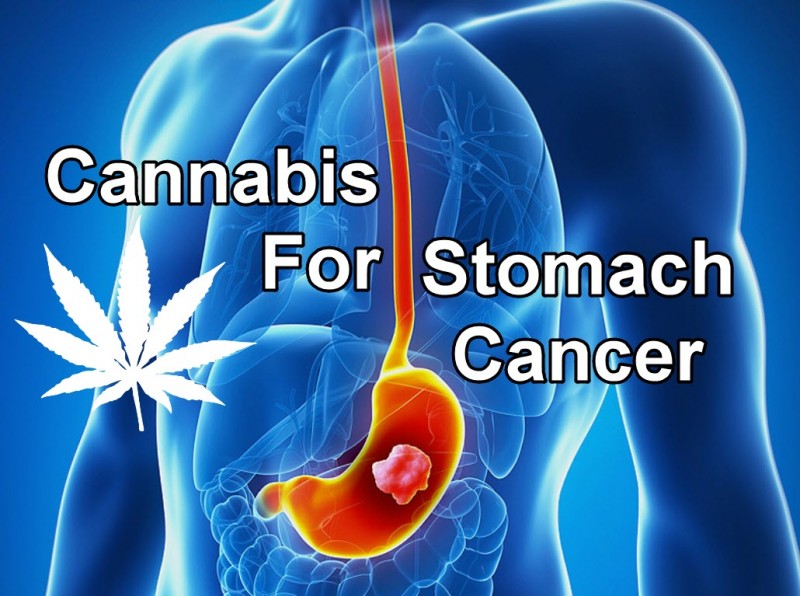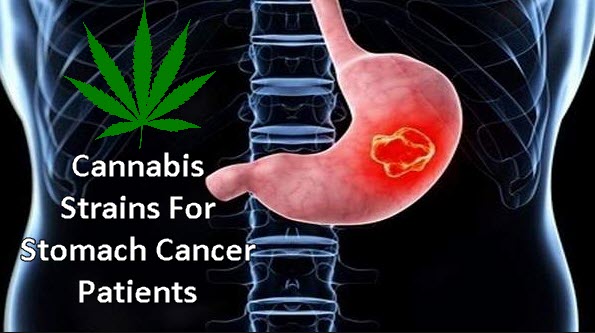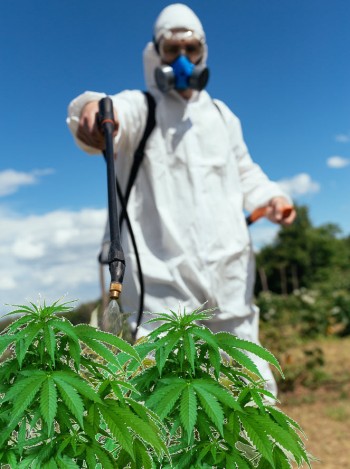Cannabis For Stomach Cancer
Can Cannabis Help Stomach Cancer Patients? from CannabisNet on Vimeo.
Stomach cancer occurs when stomach cells grow out of control. Also known as gastric cancer, stomach cancers develop over the course of several years. Before it becomes a cancer, the mucosa (inner lining) of the stomach experiences pre-cancerous changes although the symptoms often go undetected.
Stomach cancer can affect different parts of the stomach, and each of these will have their own symptoms and prognosis. The location of the cancer within the stomach also affects the kind of treatments available. There are many types of stomach cancers, although adenocarcinoma is the most common. Adenocarcinoma is the typical case of stomach or gastric cancers, which affect the innermost lining in the stomach. Other forms of stomach cancer are lymphoma, gastrointestinal stromal tumor (GIST), carcinoid tumor, squamous cell carcinoma, small cell carcinoma, and leiomyosarcoma.
Older people are at higher risk for developing stomach cancer. The average age of people once diagnosed is 68, and every 6 out of 10 people diagnosed with stomach cancer are aged 65 and up. Other risk factors include: male gender, diet low in fruits and vegetables, diet high in preserved, smoked, and salted foods, chronic atrophic gastritis, intestinal metaplasia, pernicious anemia, cigarette smoking, family history of gastric cancer, and familial adenomatous polyposis.
It’s estimated that over 50% of localized distal gastric cancer can be treated, although generally speaking, the 5-year survival rate for this type of cancer is at 30%%.
How Cannabis Can Help
Cannabis can give hope to patients with stomach cancer.
A 2013 study conducted by the Catholic University of Korea and published in the journal Anticancer Research found promising proof that THC, the psychoactive cannabinoid responsible for getting you high, can treat stomach cancer, especially in cases wherein traditional cancer treatments are no longer effective. To conduct the study, the researchers used cancer cells that were already resistant to chemotherapy. The cells were given a synthetic form of THC. The researchers found that the cells given larger doses of synthetic THC led to much higher rates of apoptosis (induced cell death) within the cancer cells.
Earlier studies, such as this one from 2008, back up the study’s suggestions that higher doses of cannabinoids is beneficial in causing cancer cell death. The authors explain that “… overexpression of cannabinoid receptors may be effective in killing tumors, whereas low or no expression of these receptors could lead to cell proliferation and metastasis because of the suppression of the antitumor immune response. It is also noted that low doses of cannabinoid administration accelerate proliferation of cancer cells instead of inducing apoptosis and, thereby, contribute to cancer progression.” In other words, consuming more cannabis activates more cannabinoid receptors, which can be the reason why exposure to higher amounts of cannabinoids reduces the proliferation of cannabis cells. In this case, microdosing with cannabis isn’t the solution but rather getting as much cannabis in your system as you can.
Cannabis works in more ways than one to kill cancer:
- Cuts off blood supply in cancer cells: Cancer cells multiply and grow because they produce Vascular Endothelial Growth Factor (VEGF), a compound that enables them to create new blood vessels which provide them with oxygen to survive. Studies show that exposure to cannabinoids reduces the VEGF in cancer cells, which inhibit the tumor’s ability to grow and survive due to limited blood supply.
- Prevents metastasis: Cannabis has been shown to help prevent tumor cells from proliferating, also known as metastasis. This occurs when cells break off and travel through the body then settle in another area. When metastasis happens, cancer becomes much more difficult to treat. Studies show that the primary cannabinoids in cannabis, THC and CBD, both have anti-metastatic properties, evident in laboratory and animal trials.
- Programmed cell death: The ability of cannabis to induce apoptosis is one of the plant’s most well-known properties when it comes to fighting cancer. When you have a healthy body, cells naturally break themselves off once they become dysfunctional or damaged. However, when you have cancer cells, they don’t act the same way – causing them to continue growing and proliferating. Cannabis puts the brakes on cancer cell growth, and there are many studies that support this.
Do you know someone who has treated stomach cancer with cannabis? Share it with us through the comments below!
OTHER STORIES YOU MAY ENJOY...
MARIJUANA STRAINS FOR STOMACH CANCER PATIENTS, CLICK HERE.
OR...
RICK SIMPSON SAYS THC KILLS CANCER, LISTEN HERE...









